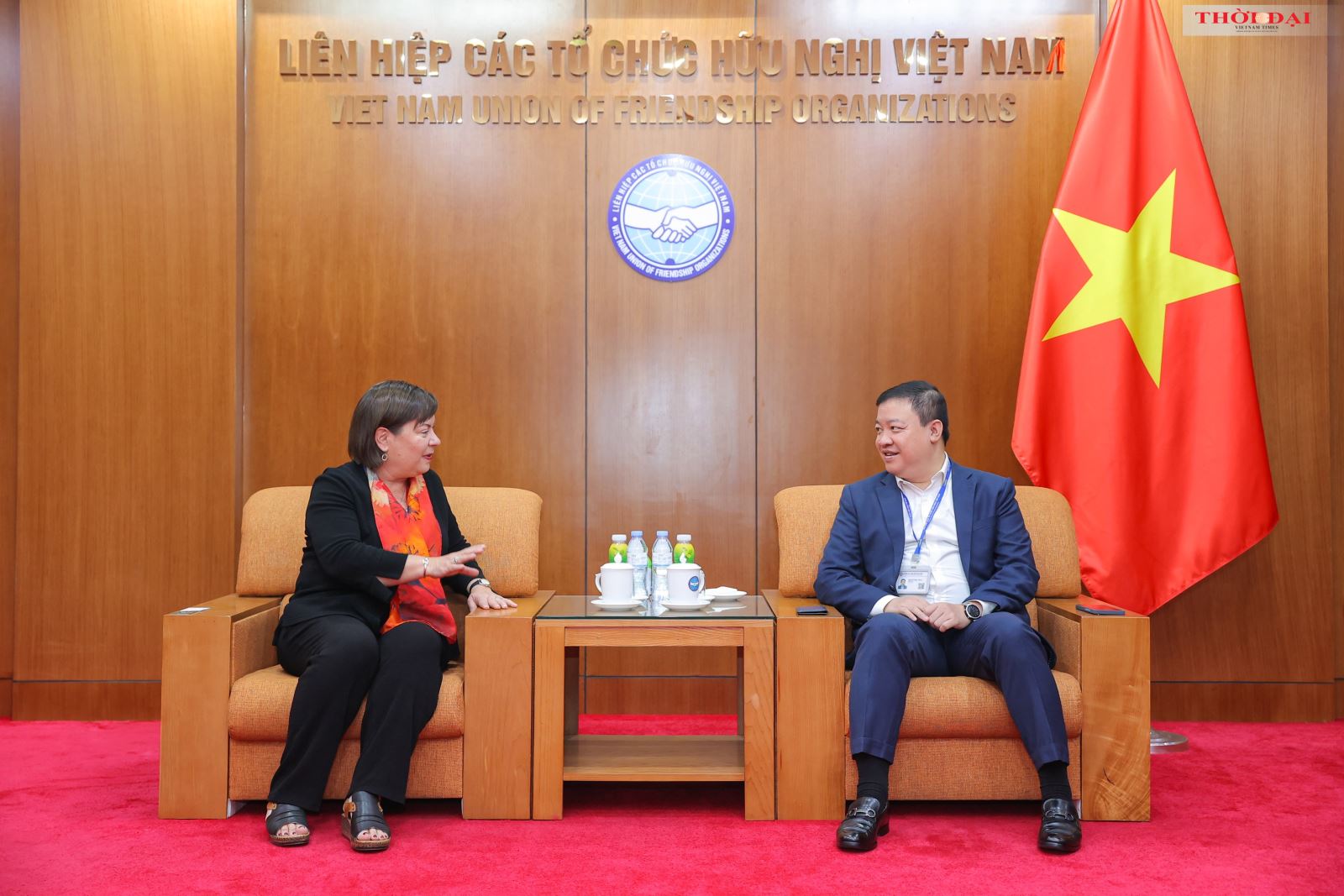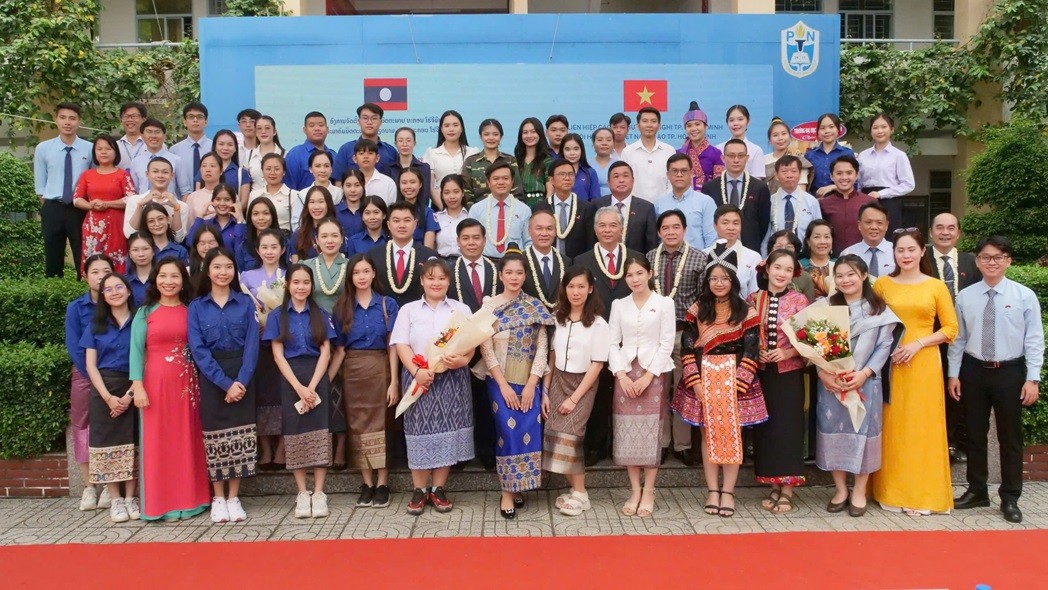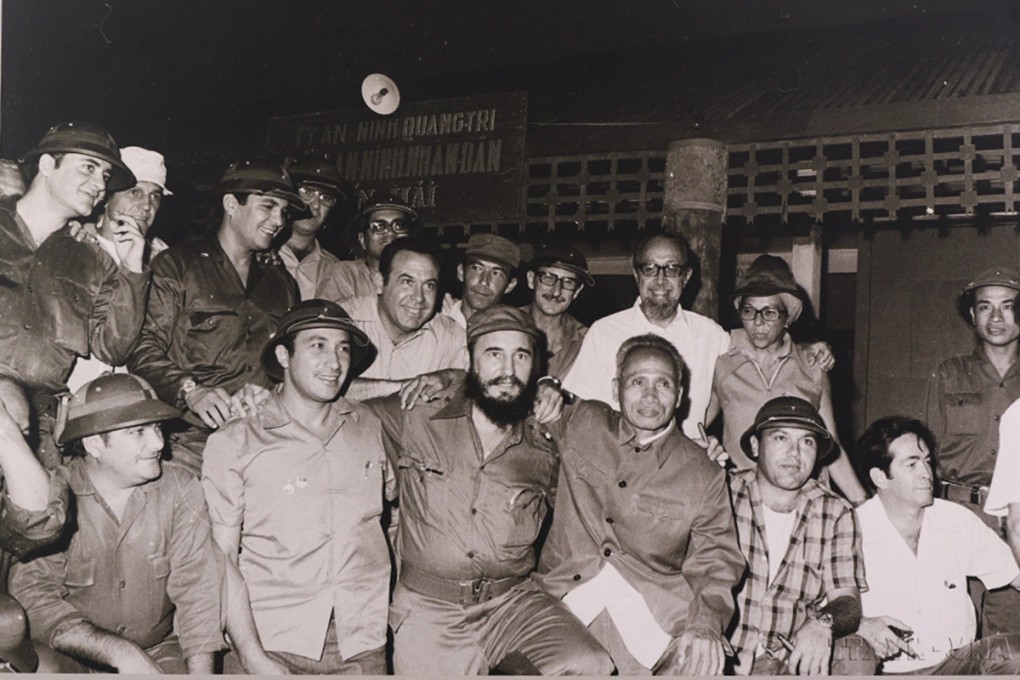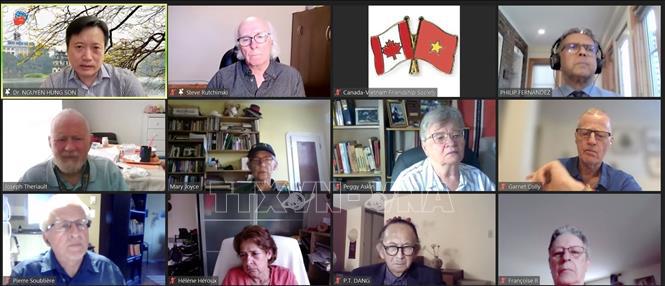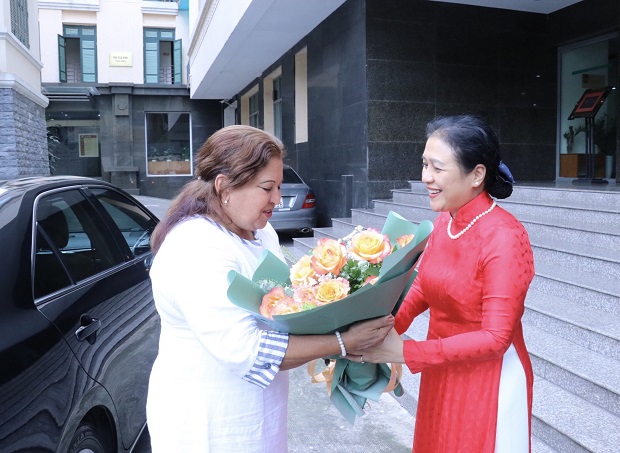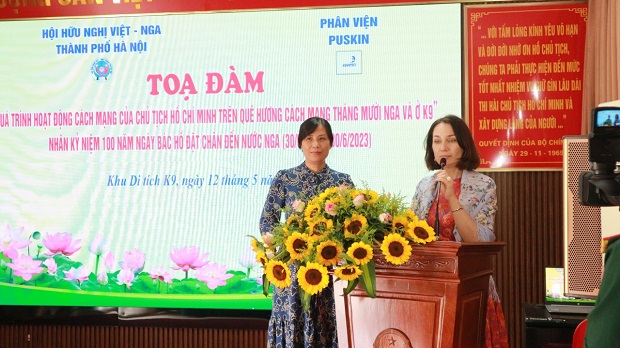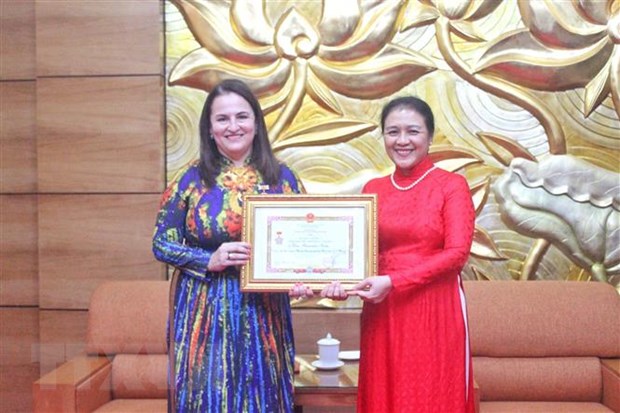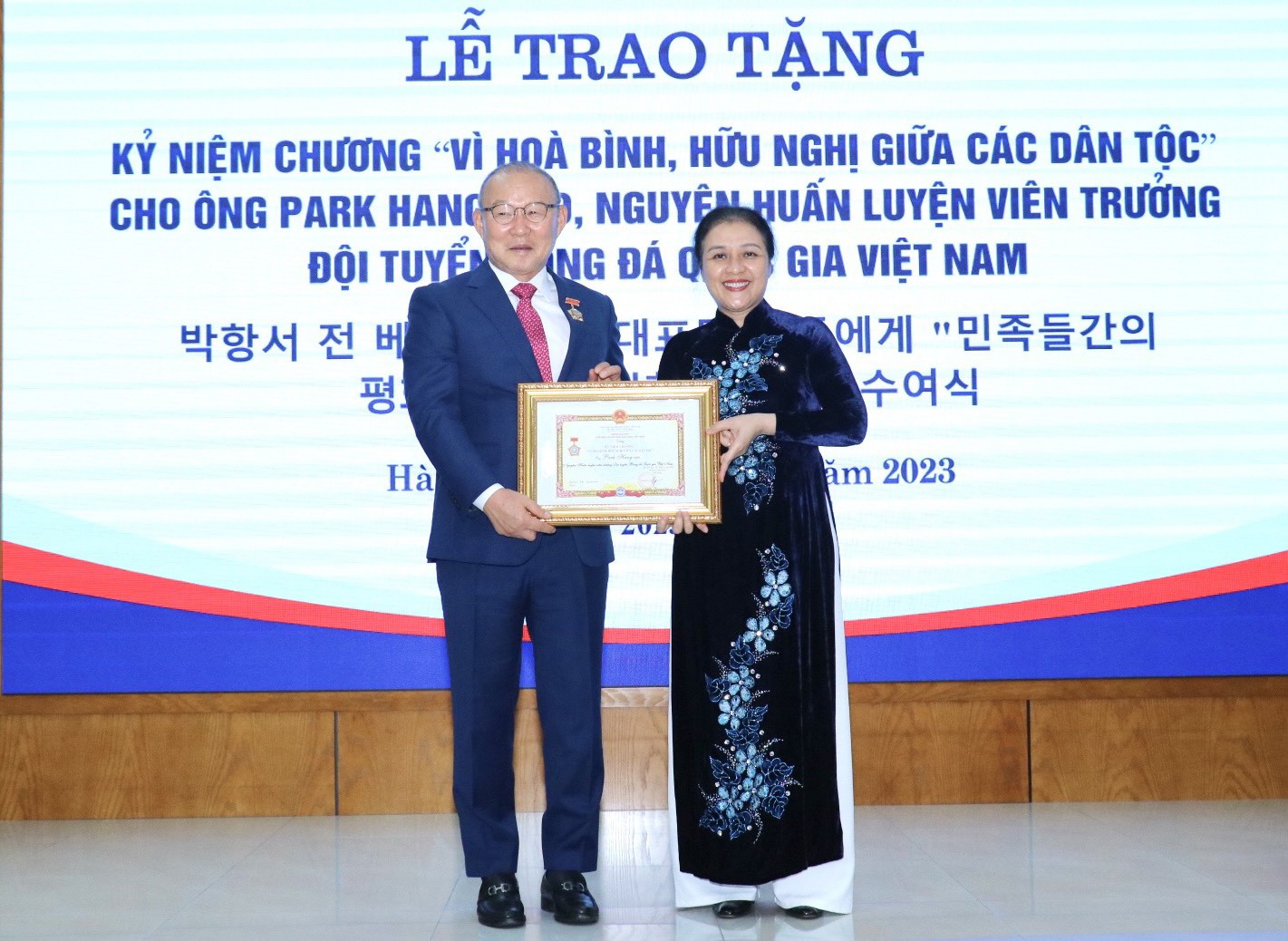
For him, these seemingly insignificant clumps of brown soil hold immense significance, containing the love and painful memories of the French soldiers who fought in Vietnam, especially those who survived and returned from the battlefield of Dien Bien Phu. Almost 70 years after the campaign that shook the world, their deep and painful memories have been replaced by a special love for this land. To the extent that before lying down, the French soldiers only wished to be buried with a clump of soil brought back from the battlefield of Dien Bien Phu. That is why each time he visits Dien Bien Phu, Gen. Maleissye takes a small amount of soil from this place to give to his comrades who fought in Indochina, fulfilling their final wishes.
As a former foreign legion officer and the Commander-in-Chief of the French Armed Forces, Gen. Maleissye is also an expert on Dien Bien Phu. In 2013, he published a "living novel" mixing facts and fiction, titled "La Vallée perdue" (The Lost Valley). The story is based on the account of Pierre Holinger, a veteran who arrived in Indochina in 1954 and joined the Vietnamese Parachute Battalion to jump into the Dien Bien Phu cauldron to provide medical assistance to the besieged troops during the final days of the 57-day campaign.
Arriving in Vietnam for the first time in 2013, Maleissye quickly understood the love that French veterans hold for the country and its people, saying that Vietnam is truly a lovely country, with friendly, hospitable, cheerful, and hardworking people.
Philippe Delarbre, French Director of the "Dien Bien Phu 1954 - Le Sacrifice" (Dien Bien Phu 1954 – Sacrifice) documentary, called for building friendship between French and Vietnamese soldiers.
“I hope for this, especially in the current uncertain times we are living in, we can completely build a new foundation based on brotherhood between Vietnam and France, transcending political and military issues, becoming a bridge between Asia and the West. That is very important.", he said.
As ANAPI Secretary General, Eric Fornal also hoped to continue the work of his predecessors, preserving memories of the former soldiers and prisoners of war in Indochina, especially in Dien Bien Phu. He expects to convey a message of peace to the younger generations, while helping them understand the brutality of war, what the French soldiers went through, and their love for Vietnam. This is also the reason why ANAPI gathers not only former soldiers and prisoners of war in Indochina, but also their families and descendants, as well as all those who love Vietnam./.
Q.Hoa t.h / VNA

